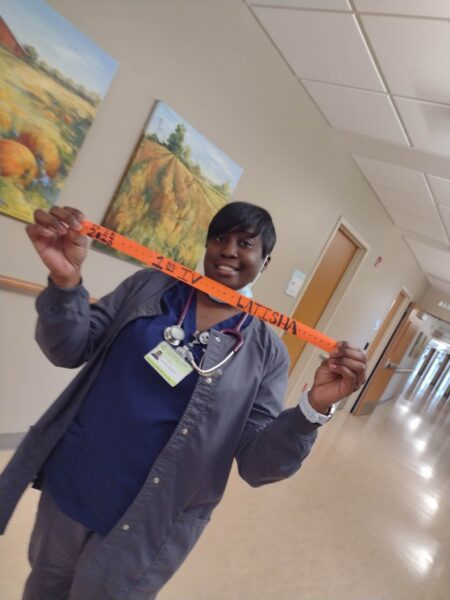
Navigating the Healthcare Maze by Earning a Graduate Certificate in Healthcare Management
The University of Louisville in conjunction with the School of Public Health and Information Sciences is thrilled to announce the launch of our newest online certificate , the Graduate Certificate in Healthcare Management. This certificate is ideal for current and future healthcare professionals including nurses, clinical workers and allied health administrators who want to enhance their skills and advance to leadership and management positions. The online Graduate Certificate in Healthcare Management is a 14-credit hour, 5-course program with each course delivered in an 8-week course format, 100% online.
Healthcare management is the practice of overseeing the business aspects of healthcare organizations, ensuring the institutions operate efficiently and effectively. These organizations can include hospitals, clinics, pharmaceutical companies, insurance providers, and more. Healthcare managers play a crucial role in making strategic decisions, improving patient care, and optimizing resources. In today’s complex and ever-evolving healthcare landscape, the need for skilled professionals who can effectively manage healthcare organizations has never been greater. Whether you’re a healthcare practitioner looking to transition into a managerial role or a business professional seeking a career in the healthcare industry, earning a graduate certificate in healthcare management can be a smart strategic move.
One of the primary reasons to pursue a graduate certificate in healthcare management is career advancement. This certificate can open doors to leadership positions within healthcare organizations, allowing you to make a meaningful impact on patient care and the overall healthcare system. Once enrolled in this program you’ll learn applicable and transferable healthcare industry knowledge through courses in Health Policy and Analysis, Foundations of Public Health in Health Management, Population Health Management and more.
According to the Bureau of Labor Statistics, employment of medical and health service managers is projected to grow by 28% in the next ten years, which is much faster than the average growth for all occupations. The median annual wage for medical and health service managers was $101,340 in May of 2021 (bls.gov). A Graduate Certificate in Health Management can provide you with the expertise needed to advance into leadership roles within most healthcare organizations. Graduates are well suited to apply their credentials toward positions like Care Coordinators, Clinical Managers, Health Administrators, Medical Managers, Policy Analysts, and so much more. Students can also apply the credits earned in the Graduate Certificate of Healthcare Management towards UofL’s online Master of Science in Health Administration degree – saving the student both time and money while using their credits to further their educational journey.
The healthcare industry is constantly evolving, and healthcare management professionals need to adapt to new challenges and technologies. Earning a graduate certificate demonstrates your commitment to staying current in the field and a smart investment in your future. It equips you with the knowledge and skills needed to excel in a dynamic and critical industry while opening doors to a wide range of career opportunities. As healthcare continues to evolve, healthcare managers play an essential role in shaping the future of patient care and healthcare delivery. To learn more about the certificate at UofL, or our other online programs, click here.




